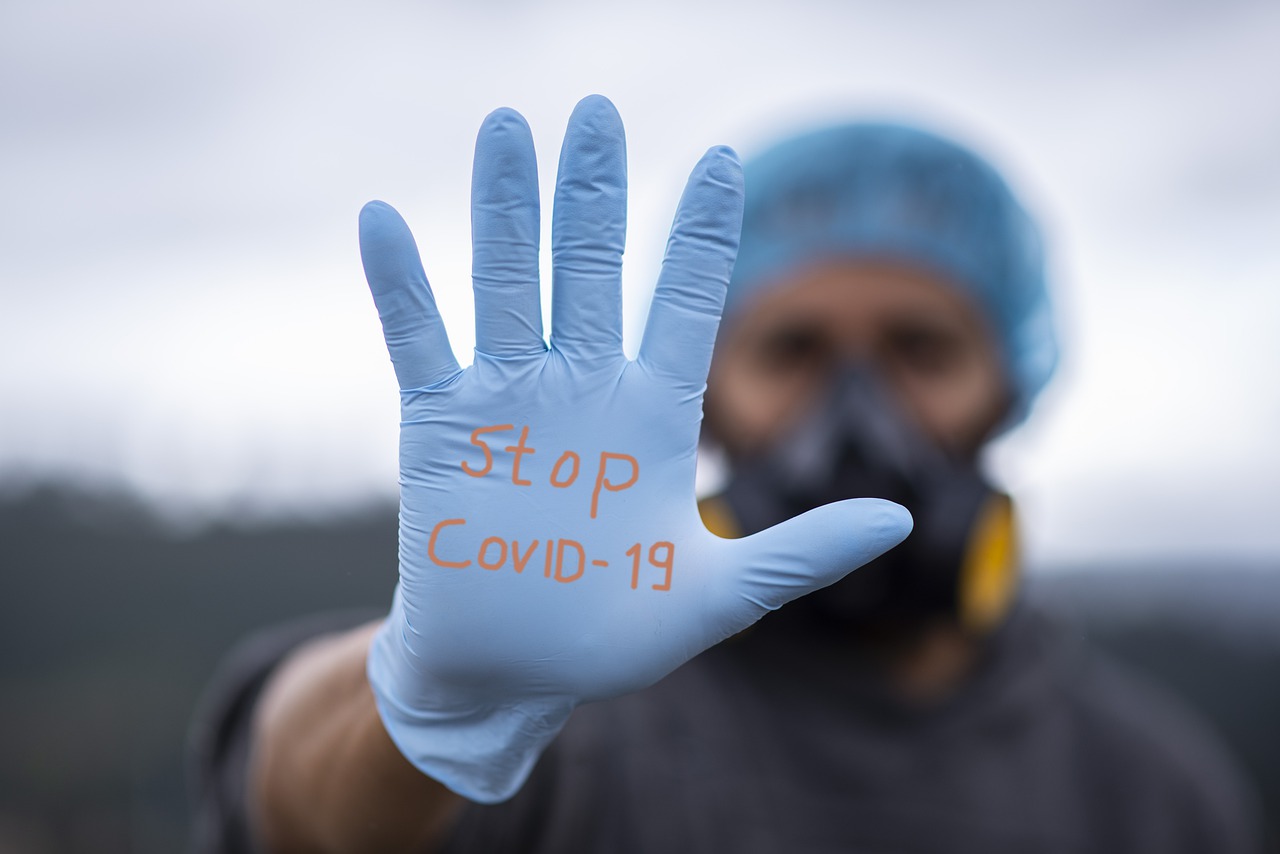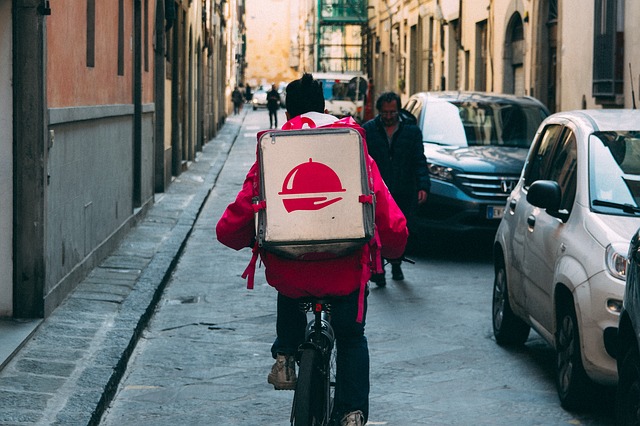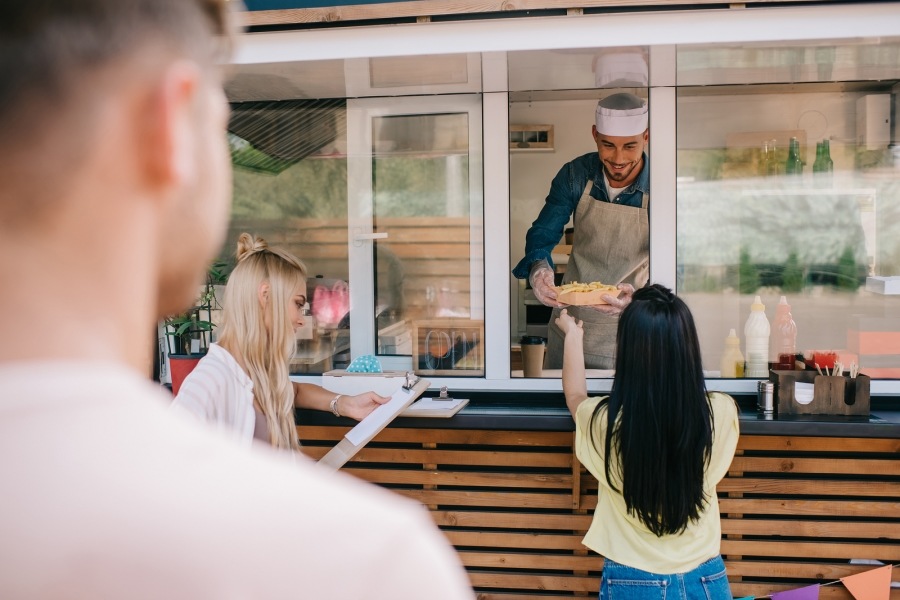

The spread of the coronavirus (COVID-19) has affected businesses worldwide, specifically representing a state of emergency for the food truck market. While there are alternatives to continue working, most have stopped operations altogether.
After several months since the announcement of the state of emergency, the current situation calls into question the organisation of the hospitality industry and with it, as mentioned at the beginning, the food truck industry. With the announcement of the de-escalation of the lockdown, food truckers are beginning to look for alternative solutions to resume their activity while respecting the rules decreed by the government.
This is where home delivery and pick-up services come into play: both are currently permitted.
While the crisis has had a huge impact on everyone's business, it is also an opportunity to reinvent ourselves and prepare for the post-COVID-19 era. We can already start to see it in China or Korea, countries where the lockdown easing started: consumer habits have changed profoundly. Now is the time to think about new ways of working and prepare for what is coming.
The numbers speak for themselves. Gradually we have seen an increase in the number of shops open, as well as in the number of orders, which shows a clear desire to resume business as best we can. With the announcement of the phases to start easing the lockdown, it is important to plan the return of consumer activity and how it will look from now on.
Home delivery from your food truck
Here you have 2 options: to set up a food truck home delivery service, i.e. your own "Delivery" or to hire a third party "Delivery" service for your food truck or fast food trailer.

Own Delivery:
This is probably the most difficult option at the moment, mainly because we will need a delivery vehicle driven by an employee if we want to cover a large enough delivery area.
However, if we already have a free vehicle, we will also need:
1. Single-use food packaging. Hygienic, and only to be opened before the food is put in.
2. Hygienic and sanitized container. A closed container where food can be left and cleaned after each service, such as the box on a motorbike or the riders' bag.
3. Personal Protective Equipment (PPE) for the worker. Gloves and mask, even though he/she will make the deliveries without contact, he/she will go outside and touch elements such as the intercom, the motorbike, etc.
4. Online payment system. There are many online card payment platforms, such as PayPal, as well as applications: Twyp, Bizum, Verse or similar apps.
For customers, it is optimal to have a food truck website on which to make electronic payments (to avoid cash).
External delivery:
Most of the food trucks in Spain do not have a home delivery option, so there are several options for home delivery with services external to the food truck. These operators take care of the transport from the door of the food truck to the customer's door, and their cost is usually on commission. The procedure is the same for all of them:
1. The Food Truck registers (see below for direct links to the operators that are still active) and enters its menu into the system.
- Just Eat. Commission of 30% plus VAT on each delivery. It is taxed in Spain.
- Deliveroo. Set-up fee of 324 ? plus VAT, plus a commission of 35% plus VAT on each delivery. It is taxed in Spain.
- Uber Eats. Commission of 30% plus VAT, plus ?0.20 on each delivery. It is taxed outside Spain, and the premises must be registered with the tax authorities in the Register of Intra-Community Operators.
- Glovo. Opening fee of 150 ? plus VAT, plus a commission of 40% plus VAT, bags apart. It is taxed in Spain.
- Rappi. Commission of 20-25% plus VAT on each sale. For South America.
- Pedidosya. Commission of 30% plus VAT of each sale. For South America
2. The customer chooses the desired items from the menu, makes the payment, and the catering establishment receives the order via app. The payment is telematic, without cash.
3. The food truck trailer prepares the food, which it is advisable to put in double packaging (for example, a double bag) that isolates it from the outside and from any possible contact.
Click & Collect in your food truck
An alternative and complementary solution to delivery is the click & collect service, in which the customer orders online and picks up his order directly at the food truck.

What are the advantages of this solution offered by food truck trailers?
1. As the lockdown easing progress, the traffic on the streets will increase, as will the number of people walking by your business.
2. It allows you to keep control of your customers and distribution channels without relying on other delivery platforms.
3. The need for streed food allows you to plan the reopening of your food truck while respecting government regulations.
Reinventing yourself is never easy, but we are convinced that this is an opportunity to explore new sales channels and prepare for the future. If you adopt the right strategies in your fast food trailer in the face of this covid emergency, you will emerge victorious.
??